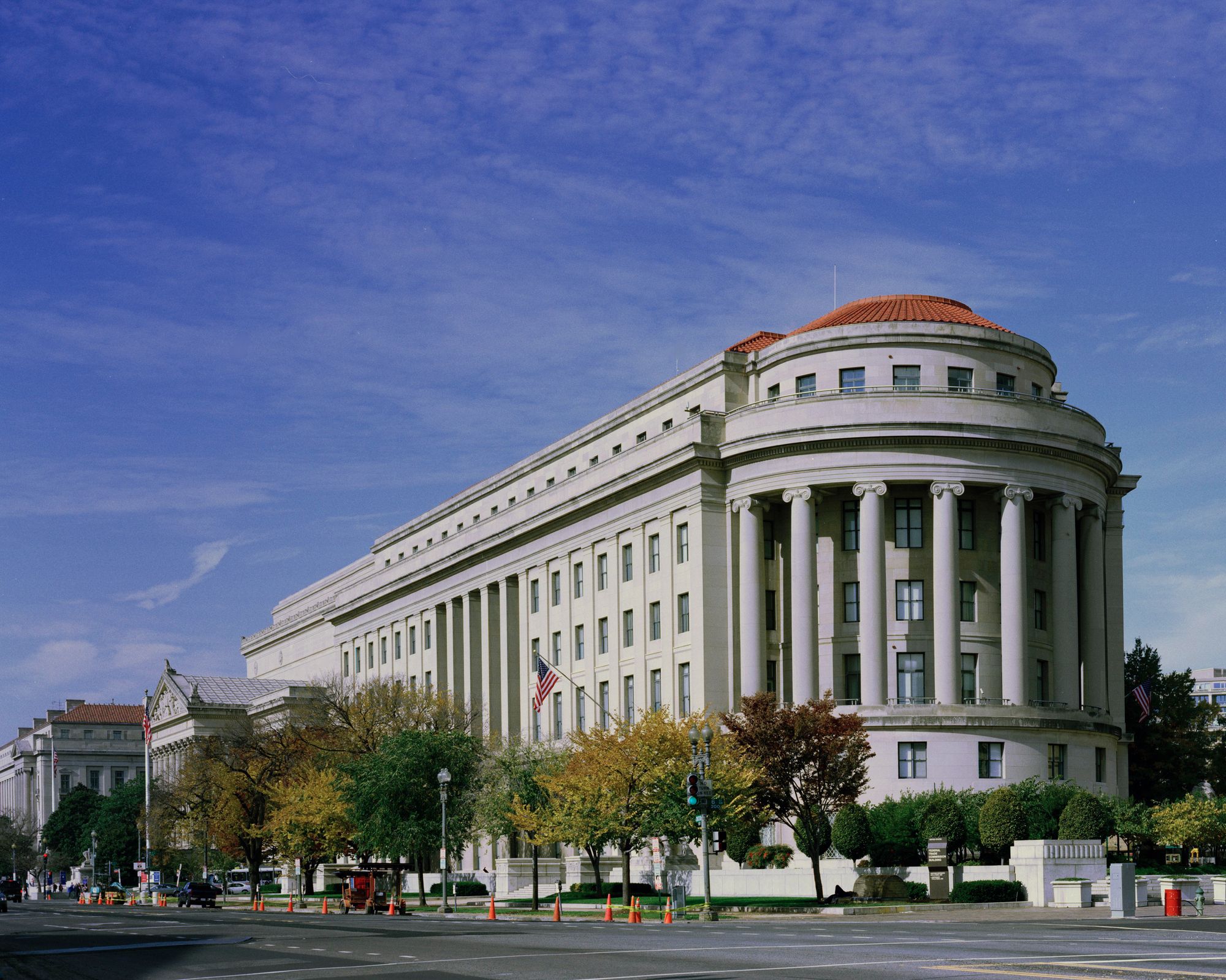FTC to 700+ Brands: Deceptive Endorsements Will Lead to Financial Pain
The FTC is trying to lay the groundwork for substantial fines against high-profile violators of its endorsement and review guidelines.

- The FTC is putting major advertisers on notice that violating endorsement and review guidelines could result in major fines.
- Not an accusation of wrongdoing, the FTC is taking an administrative step to restore monetary fines, after an adverse Supreme Court decision this year.
- The FTC previously said it was concerned about review fraud. It's not clear whether this is the start of meaningful enforcement.
